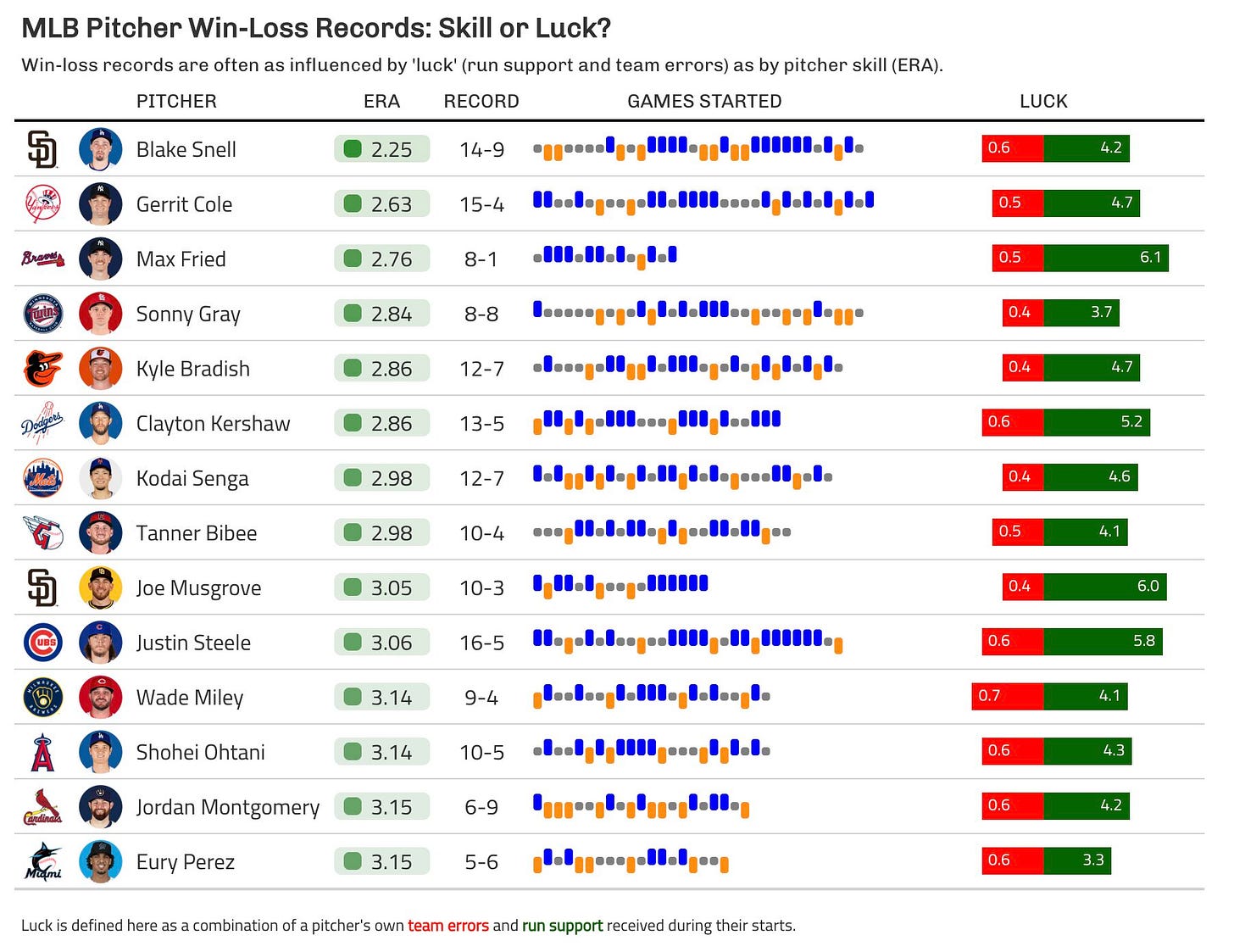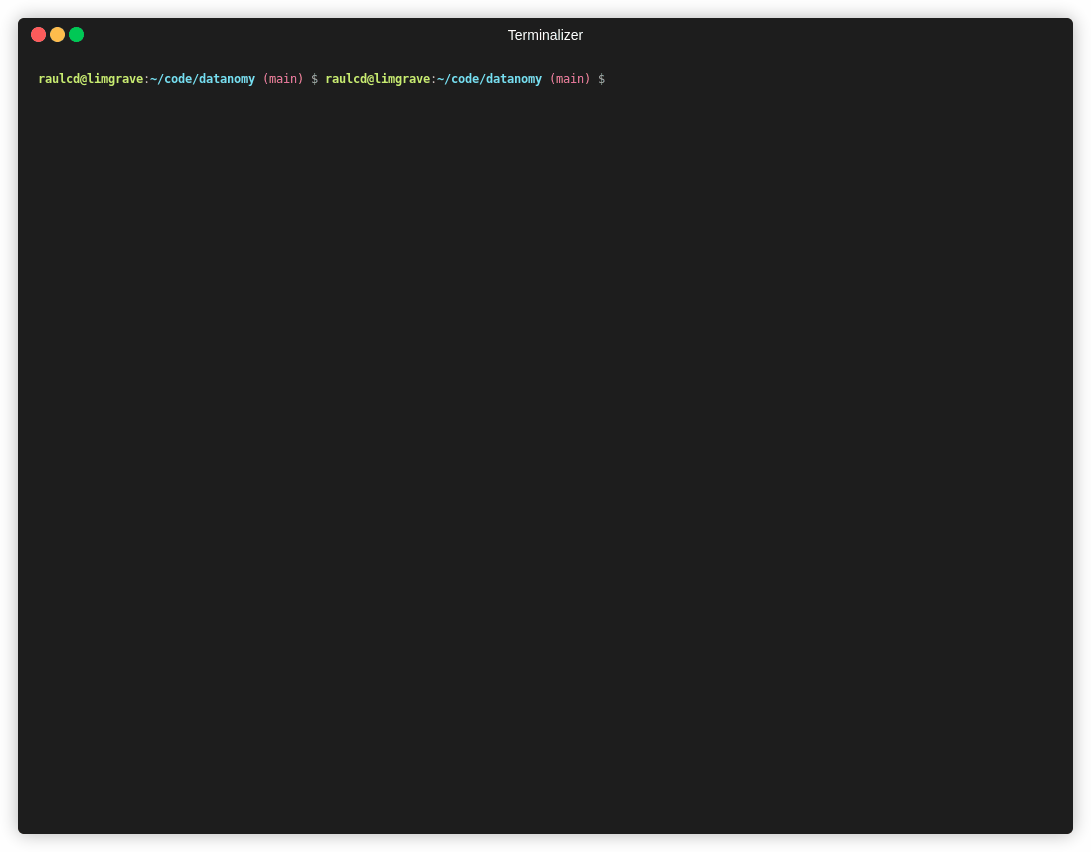Weekly Recap (Nov 21, 2025)
Gemini 3, R updates (R Data Scientist, R+AI conference, R weekly), R+AI talks, biology+science essays, jailbreaking LLMs with poetry, Python for DS (or not), Profluent-E1, DuckDB encryption
Google’s Gemini 3 landed, along with a new IDE.
Google’s Gemini 3 blog post
Ethan Mollick: Three Years from GPT-3 to Gemini 3
Antigravity: https://antigravity.google. Antigravity is a “new agentic development platform that enables developers to operate at a higher, task-oriented level. Using Gemini 3’s advanced reasoning, tool use and agentic coding capabilities, Google Antigravity transforms AI assistance from a tool in a developer’s toolkit into an active partner. While the core of Google Antigravity is a familiar AI IDE experience, its agents have been elevated to a dedicated surface and given direct access to the editor, terminal and browser. Now, agents can autonomously plan and execute complex, end-to-end software tasks simultaneously on your behalf while validating their own code.”
The R Data Scientist: Community & roundups, AI & LLMs in R, R packages & development, data wrangling & ops, geospatial & mapping, stats & inference, data case studies, academic research.
R+AI 2025 keynote with Joe Cheng: Keeping LLMs in Their Lane: Focused AI for Data Science and Research (slides).
R Weekly 2025-W47: Plots, Tables, Pipes.
Niko McCarty at Asimov Press: Read Something Wonderful (about Biology): A curated list of 100+ essays about biology and science.
Posit Blog: Winners of the 2025 Table Contest.
Heretic: Fully automatic censorship removal for language models. Drops refusals for “harmful” prompts from 97/100 to 3/100 with minimal divergence from original model for “harmless” prompts. Seems like this would have some real biosecurity implications.
Related: bypass safeguards by putting the adversarial prompt in a poem. Paper: “Adversarial Poetry as a Universal Single-Turn Jailbreak Mechanism in Large Language Models”.
Claus Wilke: Python is not a great language for data science. Part 1: The experience. And Part 2: Language features.
Anthropic blog: Disrupting the first reported AI-orchestrated cyber espionage campaign. Read the full report.
Jasmine Daly R+AI talk: Me, Myself, and Claude: Scaling an R Consultancy with AI-Assisted Development (slides).
Simon Couch: When plotting, LLMs see what they expect to see. See also: bluffbench: an LLM evaluation that measures how well language models accurately describe data visualizations when plotted trends contradict their expectations.
Profluent-E1: a Retrieval-Augmented Protein Encoder Model, available under a permissive license for both research and commercial use. See the blog post, paper, and GitHub repository.
Emily Riederer — Python Rgonomics: User-defined functions in polars.
Xu Fei R+AI talk: Tracking the Evolution of R and Python Tools for GenAI (slides).
Data-at-Rest Encryption in DuckDB: DuckDB v1.4 ships database encryption capabilities.
Datanomy is a terminal-based tool for inspecting and understanding data files. It provides an interactive view of your data’s structure, metadata, and internal organization.
Finally, a few other papers and preprints that caught my attention this week:
Ancient RNA expression profiles from the extinct woolly mammoth
The Genomic Kaleidoscope: On the Hidden Dimensions of Within-Species Genomic Diversity
Multimodal AI Decodes Extreme Environment Functional Dark Matter Beyond Homology
ImputePGTA: accurate embryo genotyping and polygenic scoring from ultra-low-pass sequencing
Complex de novo structural variants are an underestimated cause of rare disorders
Complete de novo assembly and re-annotation of the zebrafish genome
Talk2Biomodels: AI agent-based open-source LLM initiative for kinetic biological models
Harnessing artificial intelligence to advance CRISPR-based genome editing technologies


